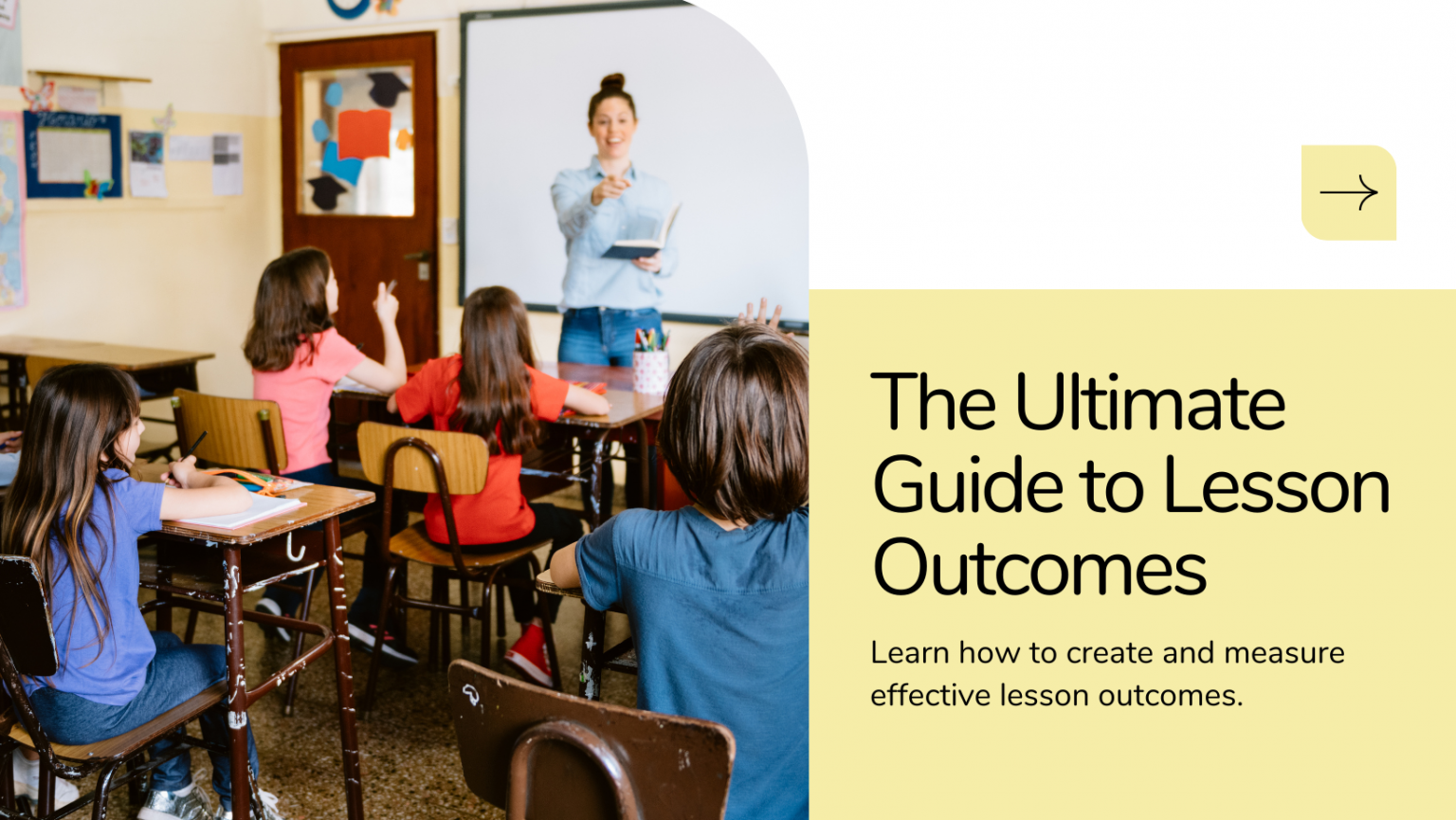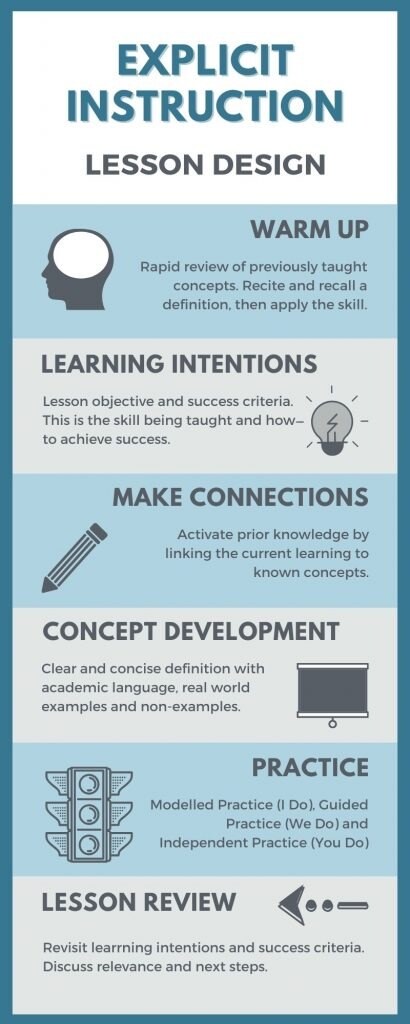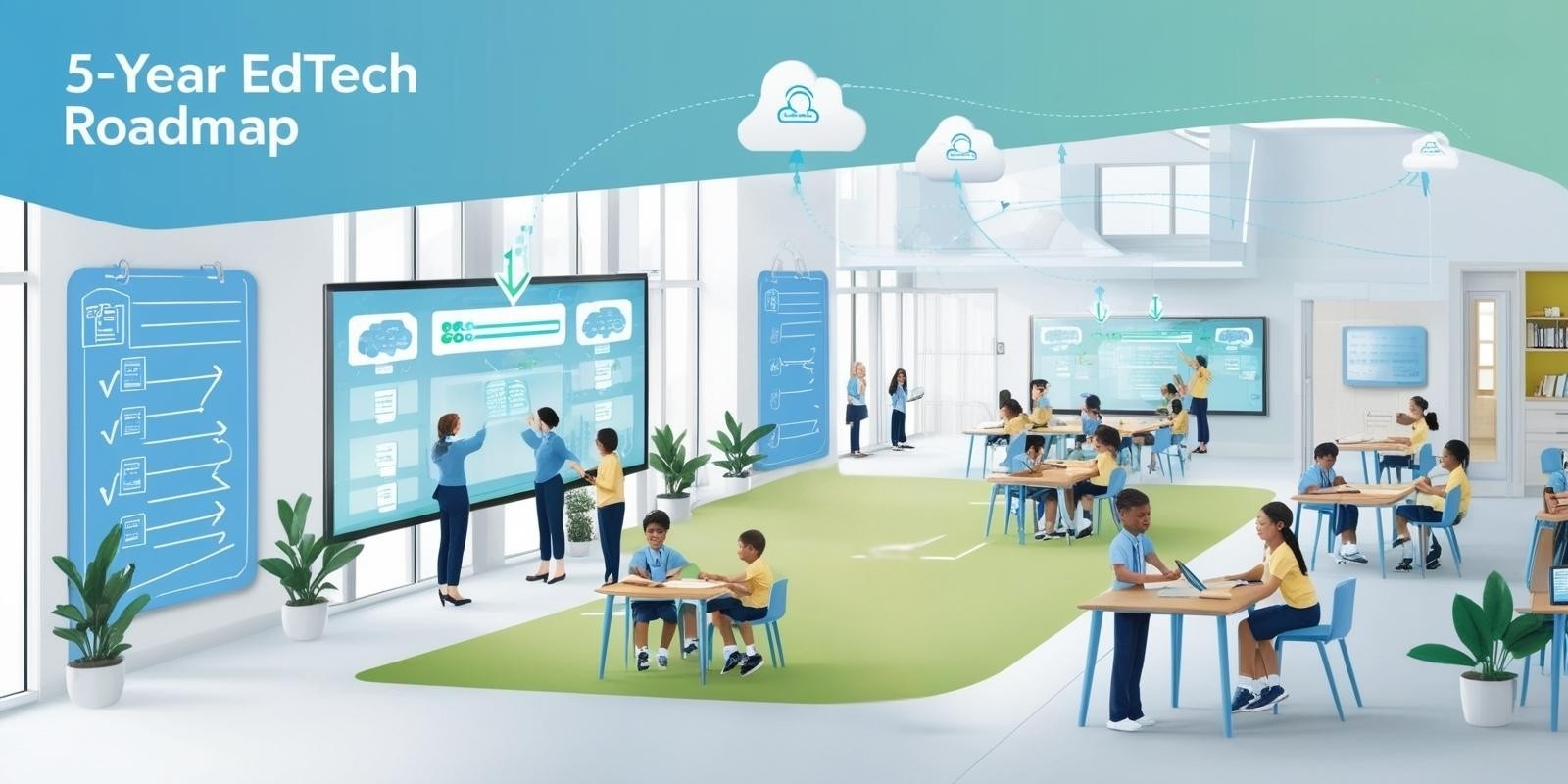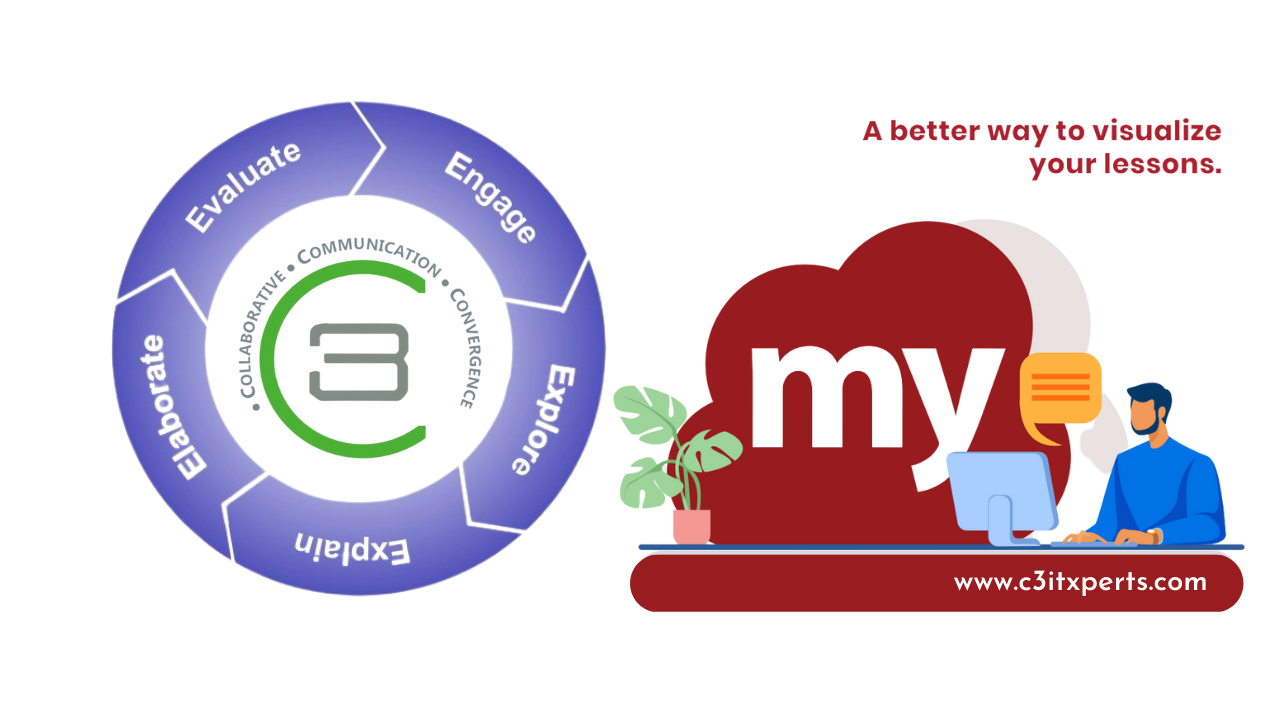The Importance of Learning Outcomes: A Comprehensive Guide

In today's education system, focusing on learning outcomes has become increasingly important. Understanding and defining learning outcomes enables educators to tailor their curriculum and teaching methods to effectively meet the needs of their students. This comprehensive guide explores the significance of learning outcomes and provides insights into their definition, implementation, and impact on students.
Understanding Learning Outcomes
Definition and Importance of Learning Outcomes
Learning outcomes can be defined as the expected knowledge, skills, and attitudes that students should acquire upon completing a course or program. They serve as a guide for educators to design instruction and assessment methods that promote student growth and achievement.
When it comes to education, learning outcomes hold significant importance. They provide a clear framework for educators to align their objectives, teaching strategies, and assessment criteria with the ultimate goals of education. By clearly defining what students are expected to learn, educators can create effective learning experiences that cater to the needs of their students.
Learning outcomes also play a crucial role in shaping the learning process. They help educators focus on the essential content and skills that students need to develop. By having a clear understanding of the desired outcomes, educators can design instructional activities that are aligned with these goals, ensuring that students are engaged and motivated to learn.
Moreover, learning outcomes enable students to take ownership of their learning journey. By understanding what is expected of them, students can set goals, monitor their progress, and make informed decisions about their learning. This sense of ownership fosters a sense of responsibility and empowers students to become active participants in their education.
The Role of Learning Outcomes in Education
Learning outcomes play a vital role in education by providing a roadmap for both educators and students. They help educators focus on the essential content and skills that students need to develop. Additionally, learning outcomes assist students in understanding what is expected of them and enable them to monitor their progress and take ownership of their learning journey.
Furthermore, learning outcomes facilitate effective assessment practices. By aligning assessments with the defined outcomes, educators can measure the extent to which students have achieved the desired knowledge, skills, and attitudes. This alignment ensures that assessments are fair, valid, and reliable, providing educators with valuable insights into students' learning progress.
Learning outcomes also contribute to the overall quality of education. By clearly defining what students should know and be able to do, learning outcomes promote consistency and coherence in curriculum design. They ensure that educational programs are structured and sequenced in a way that supports students' progression and development.
Moreover, learning outcomes serve as a communication tool between educators, students, and other stakeholders. They provide a common language that allows for effective collaboration and understanding. When learning outcomes are clearly communicated, students can better understand what they are expected to achieve, and educators can provide targeted support and guidance.
In conclusion, learning outcomes are a fundamental aspect of education. They provide a clear direction for educators, empower students to take ownership of their learning, facilitate effective assessment practices, contribute to the quality of education, and promote effective communication. By understanding and embracing the role of learning outcomes, educators can create meaningful learning experiences that prepare students for success in their academic and professional lives.

The Process of Defining Learning Outcomes
Defining learning outcomes involves a systematic approach that starts with identifying the overarching goals of the course or program. Educators can then break down these goals into specific objectives, considering the desired knowledge, skills, and attitudes that students should acquire.
When identifying learning outcomes, it is crucial to involve stakeholders such as administrators, subject matter experts, and students themselves in this process. Their input can provide valuable insights and ensure that the defined outcomes align with the expectations of all involved parties.
Stakeholders can offer different perspectives and expertise, contributing to a more comprehensive and well-rounded set of learning outcomes. Administrators can provide insights into the overall goals and objectives of the institution, ensuring that the defined outcomes align with the institution's mission and vision.
Subject matter experts, on the other hand, can provide valuable insights into the specific knowledge and skills that are relevant to the field of study. Their expertise can help educators identify the essential concepts and competencies that students need to master.
Furthermore, involving students in the process of defining learning outcomes can empower them and give them a sense of ownership over their education. Students can provide insights into their own learning needs and preferences, ensuring that the defined outcomes are relevant and meaningful to their educational journey.
Common Mistakes in Defining Learning Outcomes
Despite the importance of learning outcomes, educators often make common mistakes during the definition process. One common mistake is being too vague in their wording. Learning outcomes should be specific, measurable, achievable, relevant, and time-bound (SMART).
When learning outcomes are vague, it becomes challenging to assess whether students have achieved them or not. Specific and measurable learning outcomes provide clarity and allow for effective assessment and evaluation of student performance.
Another mistake is focusing solely on knowledge-based outcomes while neglecting the development of skills and attitudes. A comprehensive approach should incorporate a balance between cognitive, affective, and psychomotor domains of learning.
Skills and attitudes are equally important as knowledge in preparing students for real-world challenges. By neglecting the development of skills and attitudes, educators limit the potential of their students and hinder their ability to apply knowledge in practical situations.
Therefore, when defining learning outcomes, educators should consider a holistic approach that encompasses the development of knowledge, skills, and attitudes. This comprehensive approach ensures that students are equipped with the necessary tools to succeed in their future endeavors.
Types of Learning Outcomes
When it comes to education, learning outcomes play a crucial role in assessing students' progress and determining the effectiveness of a curriculum. Learning outcomes can be categorized into three main types: cognitive, affective, and psychomotor.
Cognitive Learning Outcomes
Cognitive learning outcomes focus on the acquisition of knowledge, understanding, and critical thinking skills. These outcomes aim to develop students' ability to analyze information, solve problems, and think critically to apply their learning in real-life situations.
For example, in a biology course, a cognitive learning outcome could be: "Students will be able to classify and explain the various biological processes within a cell." This outcome not only requires students to understand the concepts but also challenges them to think critically and apply their knowledge to explain complex processes.
Furthermore, cognitive learning outcomes often involve higher-order thinking skills, such as evaluating and synthesizing information. Students are encouraged to analyze different perspectives, draw connections between concepts, and develop a deeper understanding of the subject matter.
Affective Learning Outcomes
Affective learning outcomes involve the development of attitudes, values, and emotions. These outcomes aim to shape students' behavior, beliefs, and ethical perspectives, nurturing their social and emotional growth.
For instance, in a character education program, an effective learning outcome could be: "Students will demonstrate empathy and respect for others by actively listening and valuing diverse perspectives." This outcome focuses on fostering positive attitudes and values, encouraging students to develop empathy, respect, and open-mindedness towards others.
Affective learning outcomes often require students to reflect on their own beliefs and values, as well as consider the impact of their actions on others. Through various activities and discussions, students are encouraged to develop a sense of social responsibility and become active contributors to their communities.
Psychomotor Learning Outcomes
Psychomotor learning outcomes pertain to the acquisition and refinement of physical skills and coordination. These outcomes aim to enhance students' ability to perform specific tasks or actions that require motor control and precision.
For example, in a dance class, a psychomotor learning outcome could be: "Students will be able to execute a sequence of dance steps with fluidity and rhythm." This outcome focuses on developing students' physical abilities, such as coordination, balance, and timing, to perform dance routines with grace and precision.
Psychomotor learning outcomes often involve hands-on practice and repetition. Students are provided with opportunities to refine their motor skills through guided exercises, drills, and performances. This type of learning outcome not only enhances physical abilities but also promotes self-confidence and self-expression through movement.
Overall, learning outcomes serve as a roadmap for educators and students alike. By clearly defining what students are expected to achieve, learning outcomes provide a framework for designing effective instructional strategies and assessing students' progress. Whether it's acquiring knowledge, developing attitudes, or refining physical skills, learning outcomes play a vital role in shaping the educational experience and preparing students for future success.
Implementing Learning Outcomes in Curriculum Design
Integration of Learning Outcomes in Lesson Plans
Integrating learning outcomes in lesson plans involves aligning the content, instructional methods, and assessments with the desired outcomes. Educators should consider the sequence of instruction, the use of appropriate resources, and the incorporation of active learning strategies to ensure effective learning experiences.
Furthermore, educators should provide ongoing feedback to students, allowing them to monitor their progress and make necessary adjustments to their learning strategies.
Assessing the Effectiveness of Learning Outcomes
Assessment is a crucial component of evaluating the effectiveness of learning outcomes. Educators should utilize varied assessment methods, such as quizzes, projects, and presentations, to measure students' achievement of the defined outcomes.
Additionally, educators should analyze assessment results to identify areas of improvement and make adjustments to instructional practices if necessary. Regular review and reflection on assessment data can lead to continuous improvement in teaching and learning.

The Impact of Learning Outcomes on Students
Enhancing Student Engagement through Learning Outcomes
By clearly communicating learning outcomes, educators can increase student engagement and motivation. When students understand what they are expected to achieve, they are more likely to actively participate in their learning, set goals, and take responsibility for their progress.
Furthermore, learning outcomes provide students with a sense of purpose and direction. They can see the relevance of their learning, leading to increased satisfaction and a deeper commitment to their educational journey.
Learning Outcomes and Student Success
Learning outcomes are closely linked to student success, as they guide the entire educational process. By aligning curriculum and instruction with the desired outcomes, educators can ensure that students are equipped with the necessary knowledge, skills, and attitudes for future academic and professional pursuits.
Moreover, learning outcomes facilitate the articulation of student achievements, making it easier for employers and educational institutions to assess graduates' qualifications and capabilities.
Conclusion
In conclusion, learning outcomes provide a comprehensive framework for educators to design, implement, and assess their instructional practices. By understanding the importance of learning outcomes and effectively defining them, educators can enhance student engagement, foster a sense of purpose, and contribute to long-term student success. Embracing learning outcomes as a foundational component of education allows for a more intentional and effective teaching and learning experience.
.png?width=1322&height=350&name=C3ITXperts-logo-R%20(1).png)







